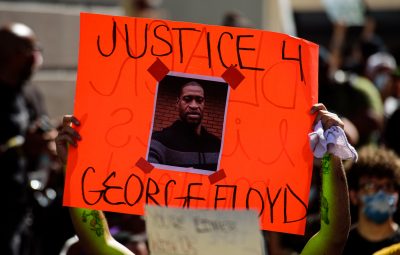In a troubling case that highlights issues of race and discrimination in the workplace, Anthony Hill, a Black senior legal counsel at Workday, has filed a lawsuit against the company after police were sent to his home for a wellness check while he was on medical leave. This incident raises serious questions about workplace treatment and the implications of mental health support in corporate environments.
The incident
Hill’s lawsuit, filed in December 2023 in the Northern District of California, stems from a police wellness check that occurred on October 20, 2022, while he was hospitalized. Hill had informed his manager about his medical emergency and submitted a leave request, which included plans to file Family and Medical Leave Act (FMLA) paperwork. Despite his proactive communication, police were dispatched to his home after the company could not reach him or his wife, who was listed as his emergency contact.
Background of the lawsuit
According to the lawsuit, Hill had been experiencing significant stress and trauma due to what he described as “disparate, discriminatory, retaliatory, harassing, and hostile treatment” from colleagues at Workday. This tension led him to seek medical care for stress and exhaustion. On the day of the wellness check, Hill had communicated his situation to his manager, who assured him to focus on his recovery. However, the subsequent police intervention left Hill feeling confused and endangered.
Concerns raised
Hill expressed his disbelief over the decision to send armed police officers to his home, stating, “There’s nothing they would’ve thought cops with guns could solve on Oct. 20 that doctors with stethoscopes could not have solved.” The police report indicated that the wellness check was initiated by a Workday safety manager, yet Hill claims he received no further communication from his employer after his manager’s last email.
Retaliation and discrimination claims
Upon returning to work, Hill reported experiencing increased hostility and exclusion from meetings, which he believes was a direct result of the wellness check incident. He was placed on paid administrative suspension for five weeks in March 2023 and subsequently went on approved disability leave. However, his request for long-term disability leave was denied, prompting him to file a charge with the Equal Employment Opportunity Commission (EEOC) in April 2023.
Legal proceedings
Hill initially filed a lawsuit in August 2023, which was dismissed without prejudice, but he refiled in December 2023, and the case is ongoing. He asserts that he faced continuous retaliation from Workday, stating, “Without a doubt, I was retaliated against over and over again.” This case not only highlights Hill’s personal struggles but also sheds light on broader issues of workplace discrimination and mental health support.
Broader implications
In addition to Hill’s lawsuit, Workday is facing a class-action lawsuit alleging that its AI-powered software discriminates against job applicants based on biased criteria. These legal challenges raise critical questions about corporate responsibility and the need for equitable treatment in hiring and workplace practices.

















